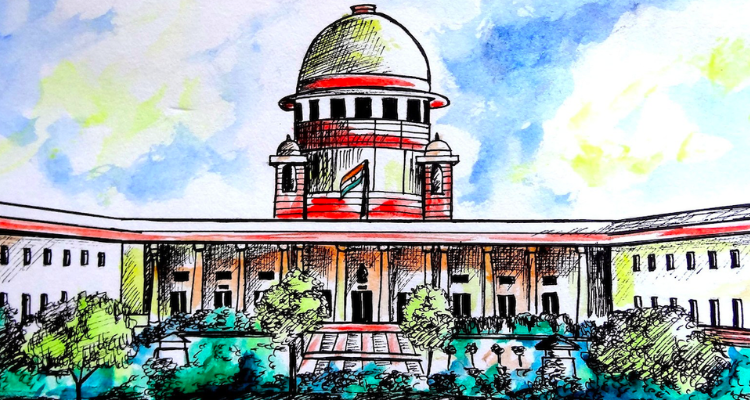
The Supreme Court has directed the Central government to explore the feasibility of implementing a comprehensive sentencing policy for criminal offences within six months in the case of Sunita Devi vs State of Bihar and anr. Justices MM Sundresh and SVN Bhatti noted the absence of a clear policy, highlighting the inconsistencies and disparities in sentencing.
They emphasized that sentencing should not be arbitrary or reactionary, as such disparities undermine the fundamental rights guaranteed under Articles 14 and 21 of the Constitution.
The Court emphasized the complexity of the issue, urging State and Union governments to engage in extensive discussions with all stakeholders. It suggested the formation of a Sentencing Commission comprising experts and stakeholders, noting that current sentencing laws contain significant errors and gaps.
The Supreme Court made these observations while addressing appeals against a Patna High Court order involving a suspended Bihar Additional Sessions Judge. The judge had convicted and sentenced a man to life imprisonment for sexually assaulting a minor in a single day.
The High Court ordered a retrial and criticized the rapid proceedings, directing that the judge be reassigned from serious cases and receive additional training. The original informant and the judge who issued the one-day sentence appealed, but the Supreme Court dismissed the appeals, noting the judge was treated leniently.
The Supreme Court noted that the appellant judicial officer was fortunate no action was taken against him and saw no need for a hearing in his absence. The Court observed that the accused had been denied a fair opportunity to defend himself due to the judge’s haste.
It emphasized that a trial should be a balanced journey towards the truth, criticizing the rushed judgment, which was delivered within half an hour and spanned 27 pages. The Court directed the trial court to ensure the POCSO Act’s mandates are followed during the re-hearing and to expedite the trial.
A copy of the judgment was ordered to be sent to the Union Department of Justice.
Read More: Supreme Court, Delhi High Court, States High Court, Other Courts, International




